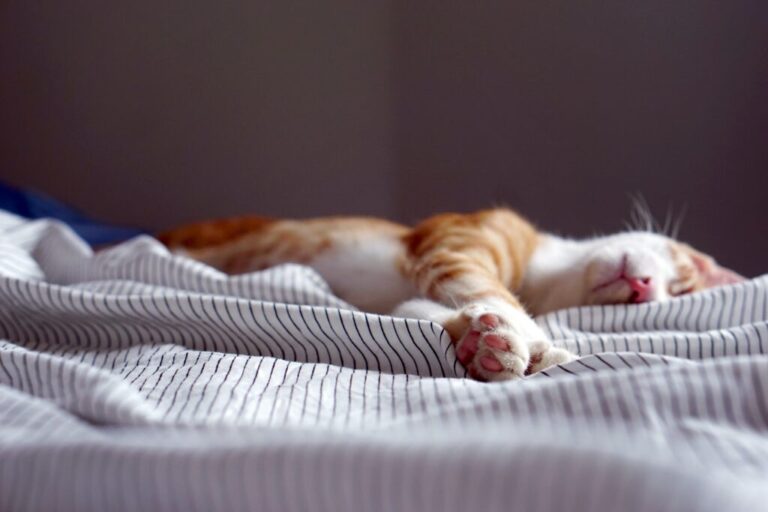Sleep is the foundation upon which we build our day. Sometimes, that foundation is solid and other times it’s a murky, dismal mess. We all have an internal clock that responds to external stimulus to give us an individual chronotype — which decides whether you’re a night owl or an early bird. The question of whether you can change this is multifaceted. Can you change your rhythm? No, not so much — if you’ve got a 23 hour internal clock, that will probably not change. But you CAN change many of the external factors that influence this, and thus change your schedule accordingly.
How is this done? Well, first we need to look at the external factors that affect our internal system.

The easiest one to understand, and most well known, is light. Too much light, your body wants to be awake, too much darkness, your body wants to rest. If you’re trying to get up earlier, exposing yourself to sunlight as soon as you wake is a cue to your body that it’s time to get up. And the converse is the same — if you want to head toward sleep, block out as much light as you can, this includes the small lights on our devices, as well. It can also include the light emanating from a bedside digital clock. The more light you have at night, the longer your internal clock will think it needs to stay awake.
Blue screen light from cellphones, tablets, smart watches, and computers, has a strong affect on the body by mimicking sunlight. Limiting your screen time in the evening and cutting it out a minimum of 1 hour before you try to sleep will greatly benefit your chances of falling asleep in a swift manner. The longer you are on your screen before you try to sleep, the more your body believes the sun is still up and it is time to be awake.
Other factors that can influence your sleep cycles are food, exercise, medication and our general mood. If you eat late in the day, it might be uncomfortable to fall asleep. Contrary to popular belief, if you’ve been sedentary all day, you will also experience difficulties relaxing — the body makes certain chemicals to send signals to various other parts of the body, with the expectation that you will be moving about through the day — the more movement you get, the better chance you have of exhausting some of those chemicals, making it easier for you to remain calm in the face of agitation. Or in other words, to relax. If you haven’t been active during the day, it’s almost like your body has primed itself for a race, and now has to hold on to all this fuel for another time, and could feel cagey. A brisk walk in the evening is a good way to release this sensation.
Studies have shown that limiting caffeine intake after 3pm, as well as avoiding naps after the same time, can increase the likelihood of restful sleep. Whether you think caffeine affects you or not, your internal clock is being altered by its use. Cutting it out entirely might be too extreme, especially if you haven’t sorted your sleep cycle out yet, and you rely on that early morning cup o’ to get the day going, but reducing it in the afternoon is one way to start aiming for better sleep (and ultimately better mornings!)
Mood can play a role here, too — if you’re excited about something coming up soon, or if you’re depressed about what’s been going on, it can make sleep difficult to achieve, with your mind ruminating on deeper thoughts. One way to combat this is to journal before bed, get it all out, the good and the bad, take it from your mind and put it on paper or in a text file, and let it go for the night. And then do all the things in your nighttime routine, basically what I’m suggesting here is the classic “Follow the plan and not the mood.” If you can keep yourself on schedule, you might find it even enhances your mood the next day.
And that is the biggest issue with these changes: they need to become routines, and routines that we don’t give up on. If you stay up late or sleep in on the weekend you are adjusting your internal clock again, and Monday morning you will most likely feel groggy and sleepy. Research says you can’t take a break from your new sleep regiment. If you are normally a night owl and want to become an early bird, you need to adjust the timeline of your day and stick to it.
The good news is — it gets easier. Once you’ve had a good night’s sleep, by controlling all the external factors that you can, getting up early in the morning isn’t so rough. When you’ve been doing this for two or three weeks, you’ll begin to wonder why you thought this would be so hard in the first place!
If you want to discuss your own personal sleep routine, contact me and I can help get you on track. Once you get your sleep schedule to work for you instead of feeling like a servant to the clock, you’ll wonder why you hadn’t done this sooner!
Subscribe to get the latest posts sent to your email.
Copyright © 2024 by Rev. Stephen B Henry PhD.
All rights reserved.
Another Website by Ultimate Virtual Solutions
Design • Content • SEO